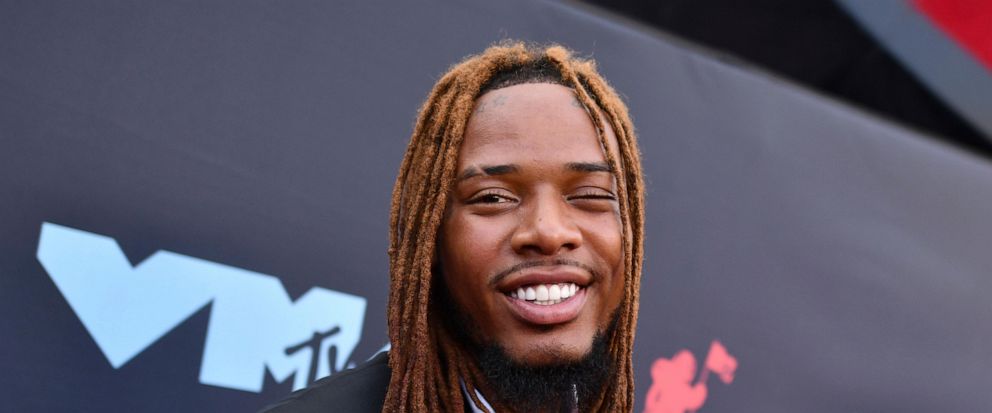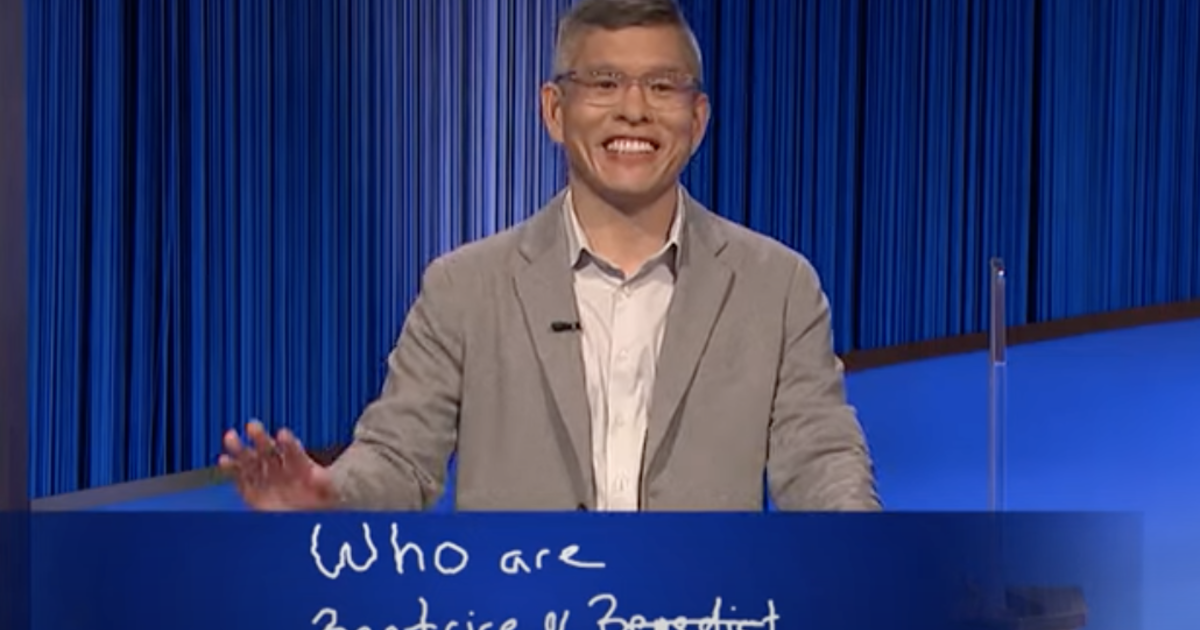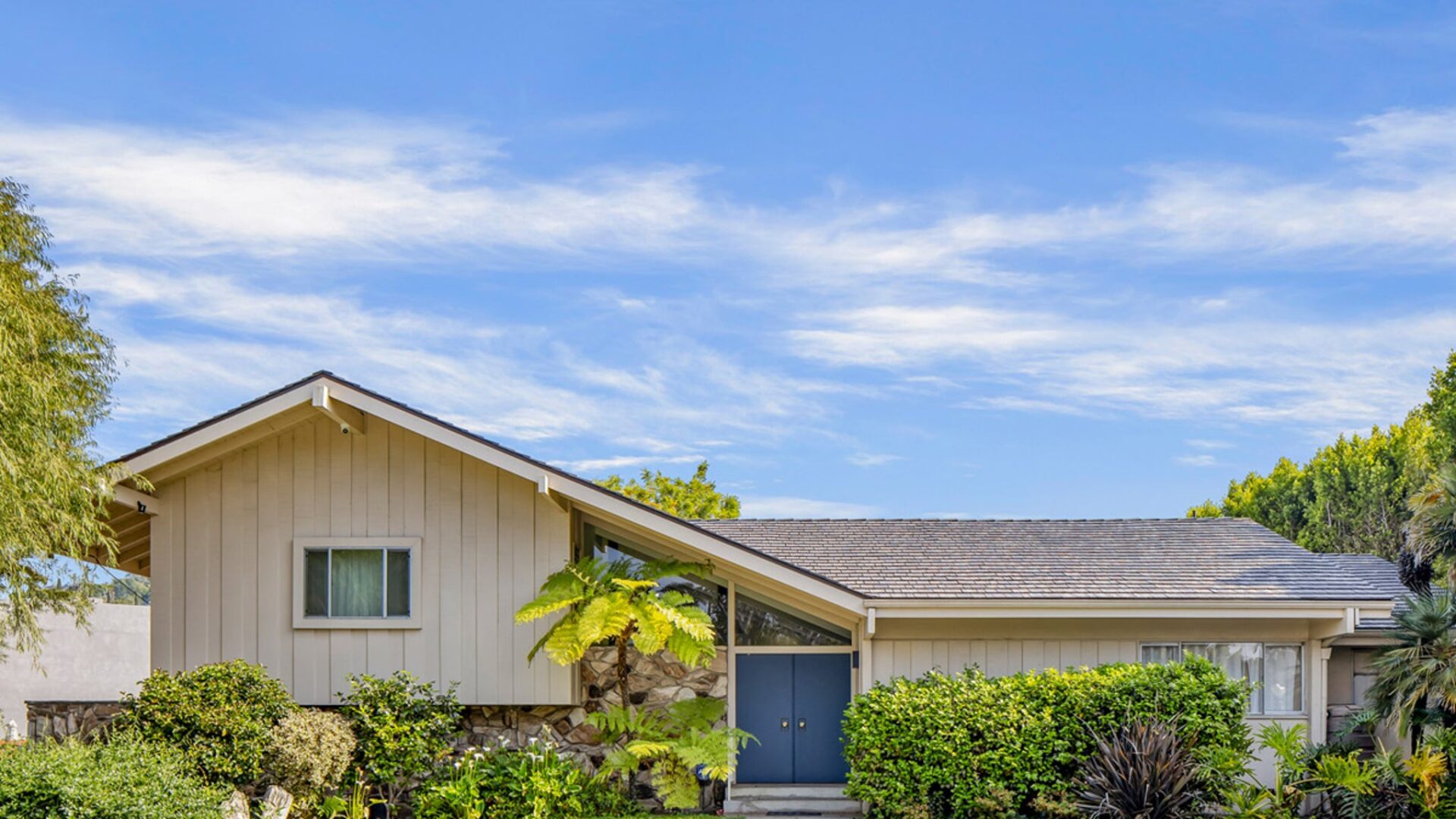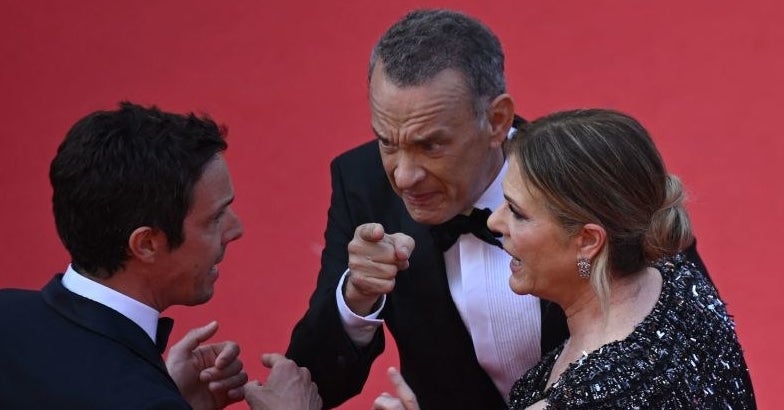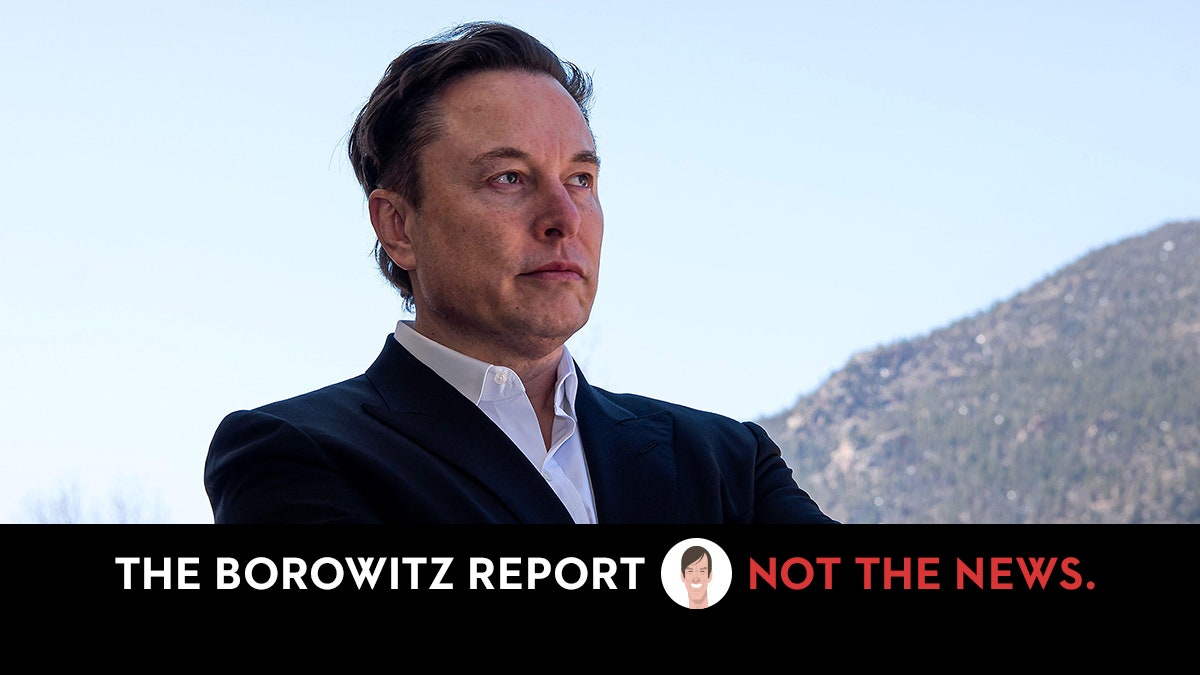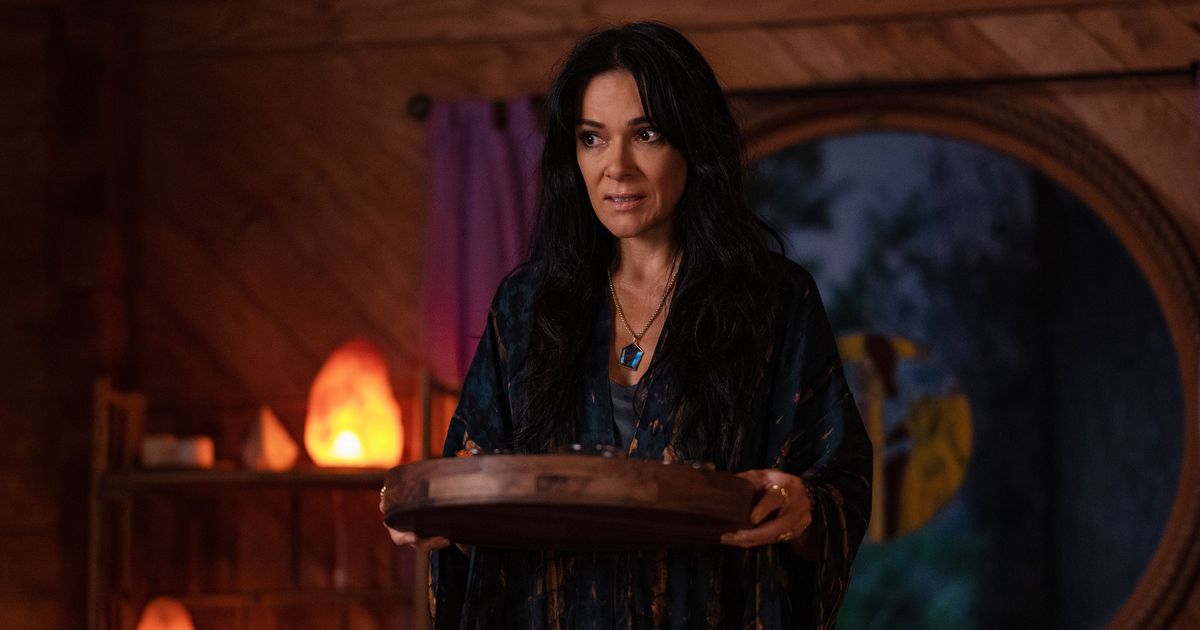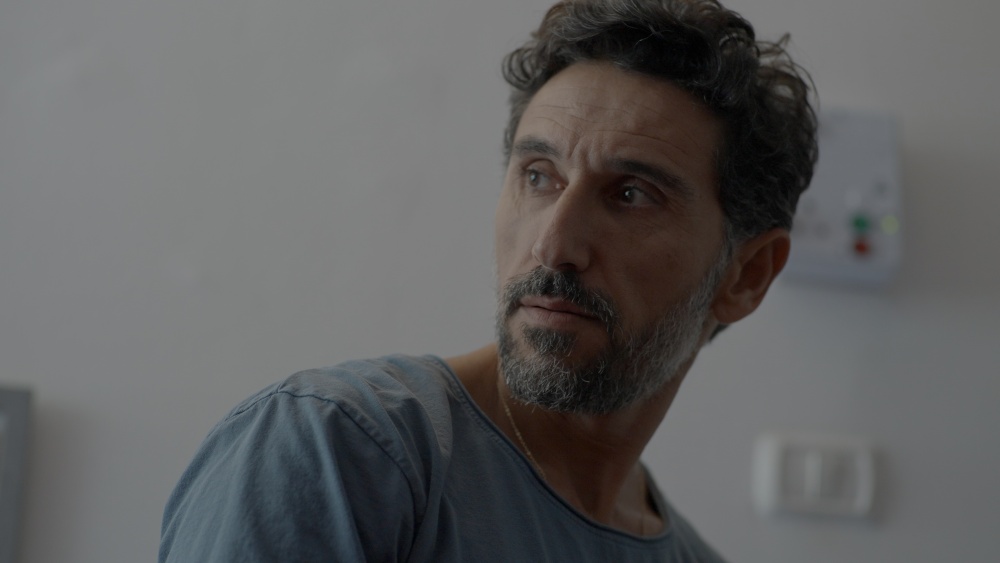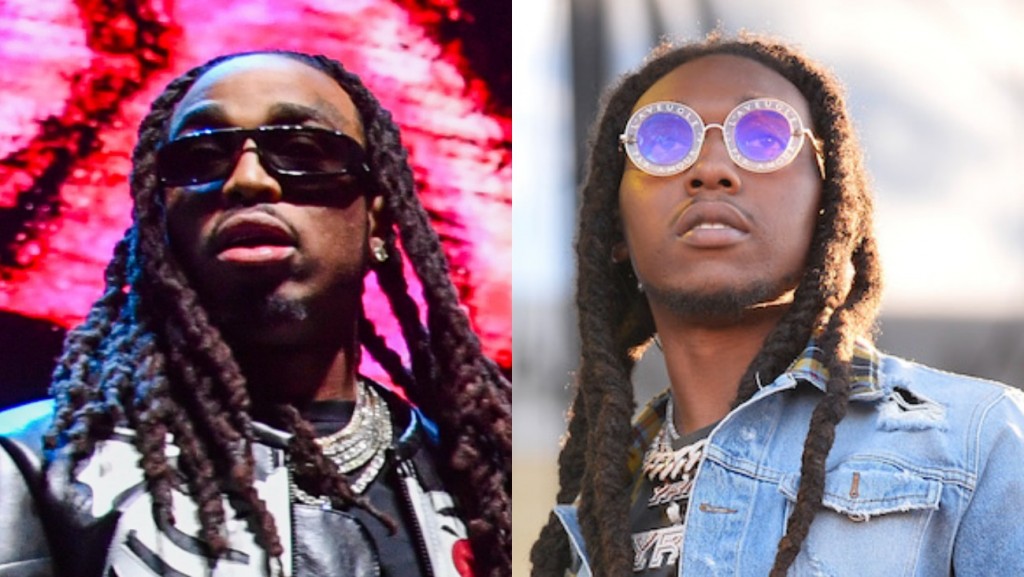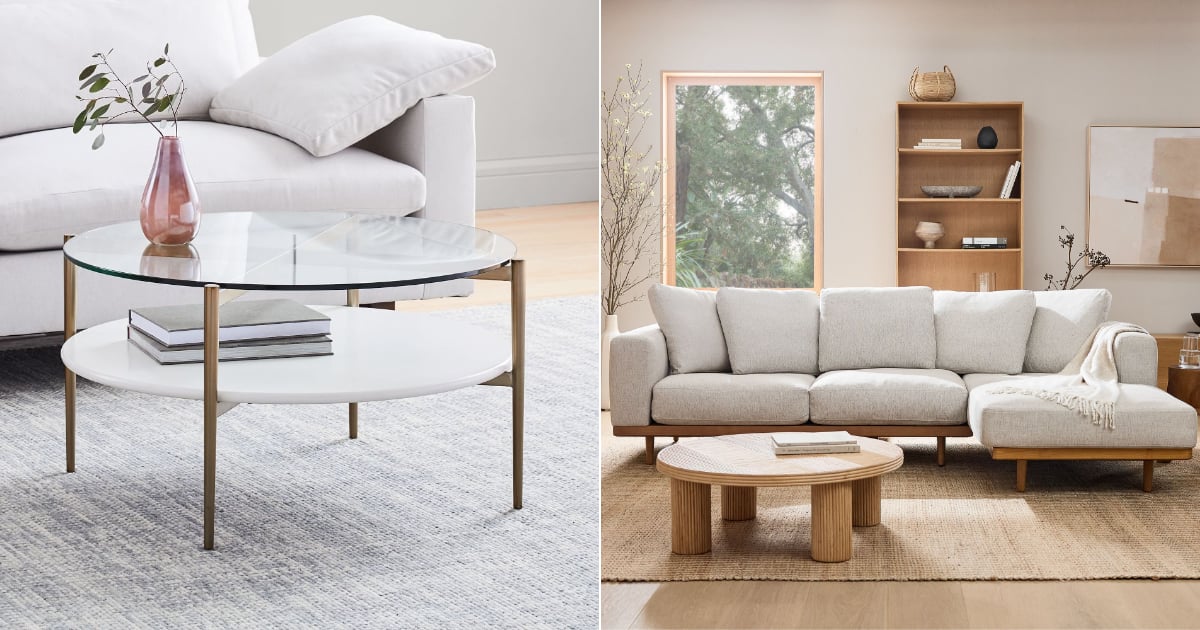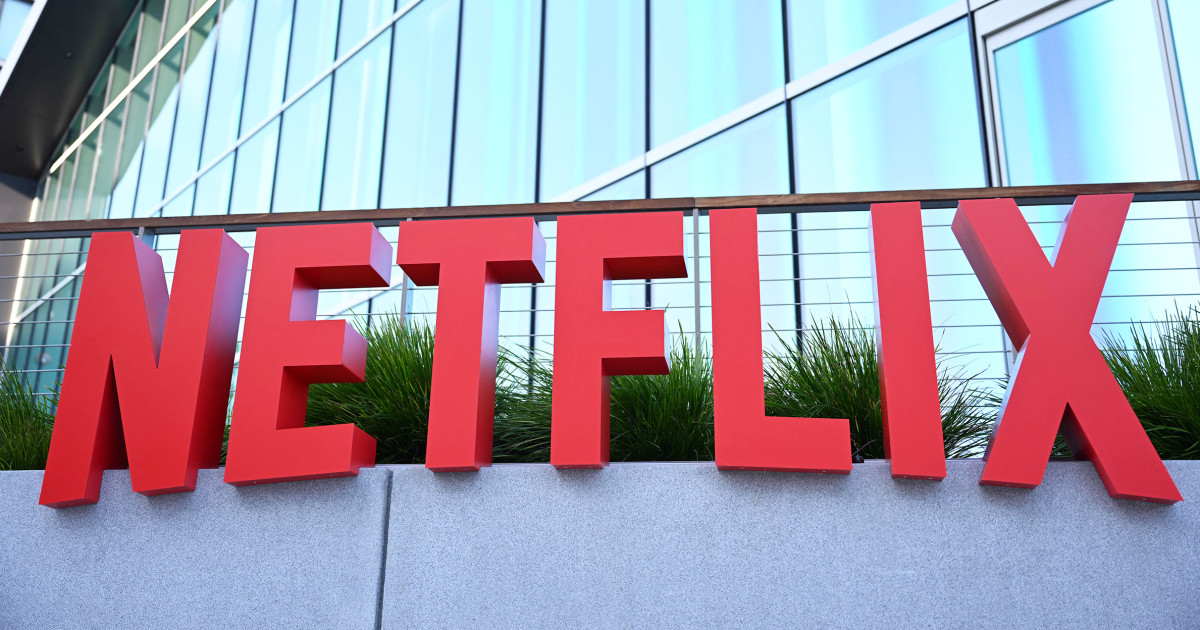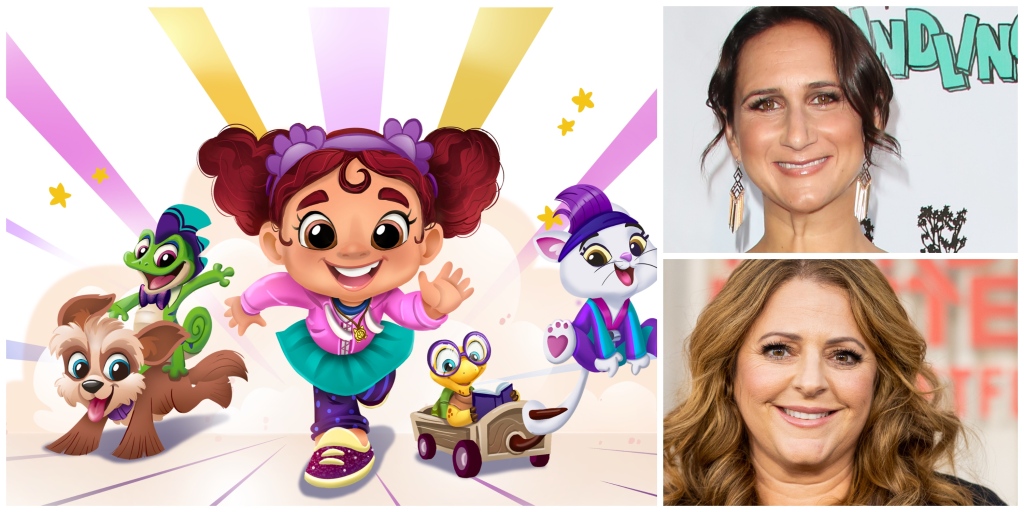15 Ombré Hair-Color Ideas | POPSUGAR Beauty
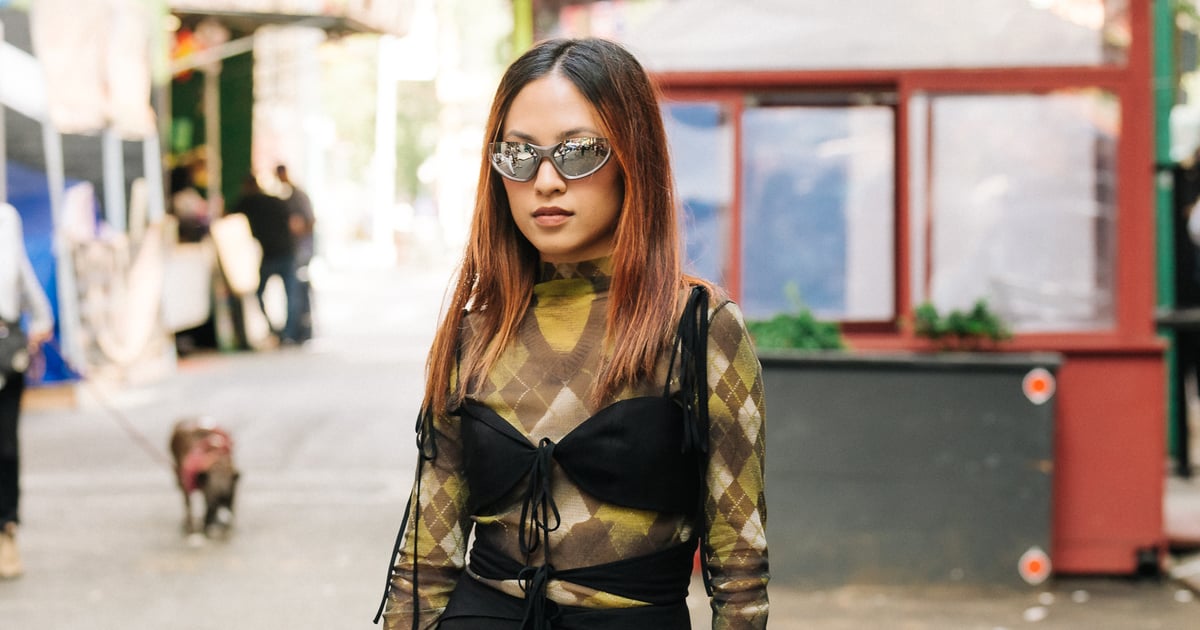
If there’s one good thing that came out of the Victoria’s Secret era circa the 2000s, it was the Gisele Bündchen–inspired ombré hair movement. The popular hair-color trend, typically defined by lightened color starting from the midpoint of hair to the ends using a gradient method, was everywhere in the early aughts. Now, like most nostalgic fashion and beauty trends, ombré hair is making a comeback 20 years later — and it couldn’t come at a better time.
The summer months usually call for brightening your color or touching up your highlights, but ombré hair color isn’t limited to light shades. Whether you want to try pink, red, brunette, platinum blond, or even blue hair, this trend knows no bounds. As you put together your summer mood boards, an ombré hair color will give you a fresh look that will stand out from the pack.
The look is definitely a more technical one as it relies on making your hair look as though it naturally shifts from one shade to the next, so you’ll want to leave this one up to the professionals if you want to try it yourself. Otherwise, when it comes to upkeep, you’ll also want to consider a color-safe shampoo and protein treatment to keep the color vibrant. As for everything else you need to know about the ombré hair-color revival? Keep reading for tips from a top hair expert, as well as inspiration photos should you want to try the trend yourself.
What Is Ombré Hair Color?
Ombré hair can be described as “a gradual gradation from one color into another,” says Jason Backe, master colorist and cofounder of Starring by Ted Gibson. One of the most popular versions of this is brunette roots gradually turning into blond ends, but Backe adds that it can be any color you desire — even the most vibrant shades like lavender hair or a fiery red: “I love to see a deep chestnut root shift to a fiery copper at the ends.”
You can even mix shades like red, orange, and yellow if you want — the key is to make sure you have a dark, medium, and light shade to ensure it creates that gradient effect.
Balayage vs. Ombre
Balayage has become a popular method for lightening hair, but is it any different than an ombré? The answer is yes. “The main difference is balayage is a technique used to create many different looks or trends, while ombré is a trend and not a technique,” Backe says. “You can use the technique of balayage to create ombré, but not all balayage is ombré and not all ombré is created with balayage.”
When you use this technique, you’re basically free-handing highlights all over, which, if done right, will create a natural gradient effect.
How to Get Ombré Hair
Much like with any trend that requires hair dye, it’s a process — and this one especially, which is why you want to make sure to go to a professional. Not only do you need to ensure it seamlessly blends into the next shade, but it requires applying three different shades onto the hair in a specific order, according to Backe.
“The darkest color [should] be applied to the new growth, the medium shade on the mid-lengths, and the lightest color on the ends,” he says. “I would use my fingers or a tint brush to slightly blend the dark into the [medium shade] and the [medium shade] into the light. In a perfect ombré, you can’t decipher where the shift in color happens, it’s a very subtle transition.”
Most colorists will know how to execute an ombré hair look, but because there are so many variations, keep scrolling for our favorite takes on the trend.
